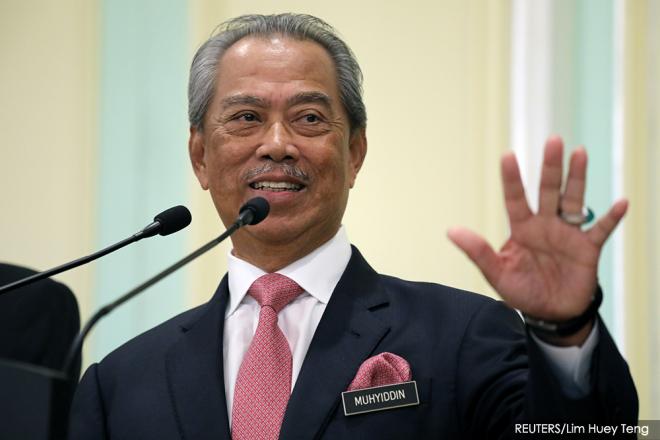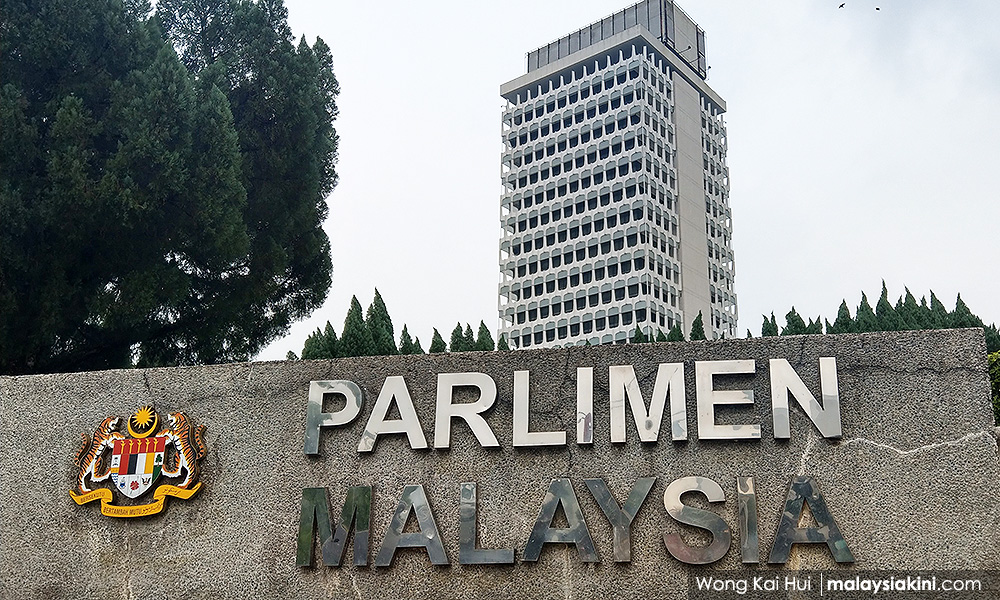
Something incredible happened in Hungary one month ago. When the world was worried about the coronavirus, Hungarian Prime Minister Viktor Orbán staged a “coronavirus coup”.
His party that controls a supermajority in government passed a law that allows him to effectively “suspend the enforcement of certain laws, depart from statutory regulations and implement additional extraordinary measures by decree”. He also imposed harsh punishments to censor media outlets, suspended elections, and weakened the opposition by seizing their funding.
Orbán had made himself a temporary dictator, using the coronavirus as a pretext to grab power.
The clever and cunning Orbán always had dictatorial tendencies – he championed a concept called “illiberal democracy”. He put his allies at the highest courts, gerrymandered parliamentary constituencies, changed the constitution, and monopolised information by controlling the media. The coronavirus was his “Hail Mary pass” – this was the tyrant showing his real face.
Hungary is not the only one. Turkey, Russia, Poland, Israel, and the Philippines also did something similar. A crisis is a strongman’s favourite time as it allows them to reach into areas they are not supposed to and leave their fingerprint of control when the crisis is over.
By allowing only a one-day Parliament, packing GLCs and agencies with political appointees, hijacking opposition resources, Prime Minister Muhyiddin Yassin had used the coronavirus as a pretext to consolidate power for his weak hands.
Accountability’s best joke: One-day Parliament
Having a one-day Parliament is the greatest farce of our time. The government said that the coronavirus crisis necessitates a shortening of the sessions, and the government will only prioritise “certain businesses” on May 18.
It became clear that the government was not interested in accountability as they were just about resetting the Parliament timer of holding a session every six months. It is also not clear why the government is not considered “essential service”, why Parliament could not emulate other countries of holding the session virtually, why when most businesses could operate fully but Parliament could not.

The Parliament sitting on May 18 will also make sure they never touch on the question of highest accountability: No-confidence motion.
The comical one-day Parliament is simply a way of making sure that there is no government oversight for many months that follow. If the Parliament timer could be reset, Muhyiddin’s government could use the coronavirus as a pretext to do as they wish for another six months. This means we could have a whole year of near-absolute power of the government.
Packing wolves: GLCs’ political appointments
Second, the abuse of power and the politics of patronage has also reached a fever pitch during this coronavirus period. While we were anxious for our health and livelihood by paying attention to Health director-general Dr Noor Hisham Abdullah’s press conference every day, Muhyiddin’s government has aggressively packed his men to GLCs, foreign missions, agencies, and a bloated cabinet.
He has at least 64 MPs who were appointed as ministers, deputy ministers, or ministerial-level foreign mission envoys. Every day, we also hear of new appointments by politicians to sit on GLCs for the sole purpose of being Muhyiddin’s men.
By giving them a hefty salary and an influential position, Muhyiddin hopes that they would support him as prime minister if the no-confidence vote sees the light of the day.
This is corruption. Not only does it compromise professionalism and quality of GLCs that control our national resources, but it also exacerbates the corruption culture that festers at every level of government.
We tried so hard to restart after removing former premier Najib Abdul Razak’s government, and in two short years, we have ministers speaking of these appointments like they were a given – like they were entitled to these rewards in this political circus.
The timing of these appointments was not a coincidence. This was to shore up enough MPs before a possible no-confidence motion against Muhyiddin; it was also to use the coronavirus period where we were distracted and concerned with something else to hide these corrupt practices from our eyes.
The coronavirus was smoke and mirrors.
Double standards: Hijacking opposition resources
Third, the coronavirus was also used to weaken the opposition parties. From the very start, the opposition state leaders were deliberately excluded from the high-level emergency meeting about coronavirus. This was not a momentary lapse of mind or a safety decision, this was purely a political method to consolidate power, and its pretext was the coronavirus.

Then, food aid and resources to opposition constituencies were also reduced, delayed, or excluded altogether. Once again, this was no coincidence. Written instructions were made to distribute resources differently for opposition constituencies so that the opposition parties were weakened.
It was not merely petty politics; they were deliberate attempts to consolidate power by using the coronavirus as a pretext of helping the people.
There is a grave danger to this. Because power grabs in times of crisis have the potential of becoming a “dance of the peacock”. This means politicians like that would make a provocative act and then hide behind the curtains of the crisis and go unscathed. When the crisis is over, a lot of the abuse of power will remain.
How powerful is Muhyiddin?
Parliament and accountability will remain a joke; GLCs and politics of patronage will be a norm; and playing double standards with opposition constituencies will be expected. We will all be victims of a poorer democracy and uglier politics.
But I also know that Muhyiddin has no choice because he may be the weakest prime minister in history. His party is collapsing and vultures are lurking at his shoulders.
Yesterday I read on Forbes about power. They say power is about doing things on your own terms, how you want to, in a way you feel good about. A person is most powerful when they get to dictate the terms.
And I thought about what Muhyiddin is doing. Is he freer now to do things on his own terms, or will the patronage and corruption make him more submissive to the will of others?
Is he consolidating power for himself, or is he consolidating power for others?
JAMES CHAI is a legal consultant and researcher working for Invoke, among others. You may reach him at jameschai.mpuk@gmail.com. - Mkini


No comments:
Post a Comment
Note: Only a member of this blog may post a comment.